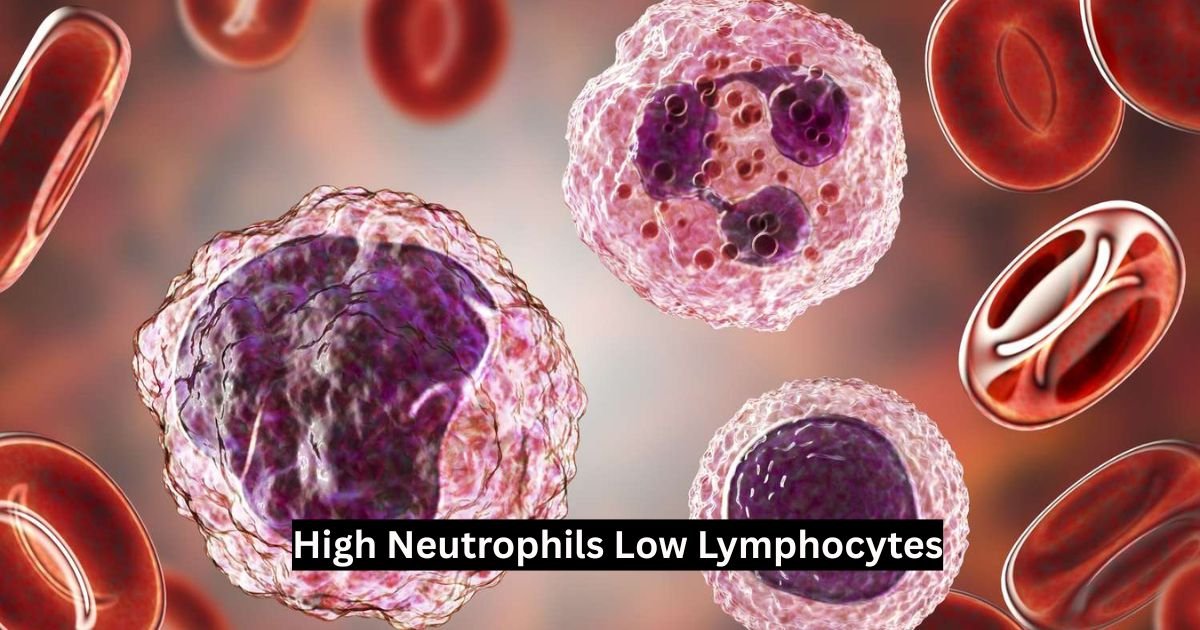Tirzepatide is a groundbreaking medication that has gained significant attention for its role in managing type 2 diabetes and promoting weight loss. As a dual glucose-dependent insulinotropic polypeptide (GIP) and glucagon-like peptide-1 (GLP-1) receptor agonist, tirzepatide offers promising results in improving glycemic control and aiding weight management. However, like any medication, it comes with potential side effects, some of which have sparked concerns—most notably, its possible link to cancer.
In this article, we will explore the side effects of tirzepatide, dive into the data surrounding its potential cancer risks, and provide practical tips for patients considering or already using the drug. By the end, you’ll have a comprehensive understanding of tirzepatide’s safety profile and what questions to ask your healthcare provider.
What Is Tirzepatide and How Does It Work?
Tirzepatide is a once-weekly injectable medication designed to help regulate blood sugar levels in individuals with type 2 diabetes. It mimics the actions of two incretin hormones, GIP and GLP-1, which help stimulate insulin release, reduce appetite, and slow gastric emptying. These combined effects make tirzepatide effective not only for diabetes management but also for promoting significant weight loss.

Common Side Effects of Tirzepatide
Before addressing the cancer concerns, it’s essential to understand the more common side effects associated with tirzepatide. Most people tolerate the medication well, but some may experience adverse reactions.
Gastrointestinal Side Effects
- Nausea
- Vomiting
- Diarrhea
- Constipation
- Abdominal pain
These gastrointestinal (GI) issues are typical with GLP-1 receptor agonists and often diminish as the body adjusts to the medication. Starting with a lower dose and gradually increasing it may help mitigate these side effects.
Other Side Effects
- Fatigue
- Decreased appetite
- Injection site reactions
- Hypoglycemia (especially when used with other diabetes medications)
Tirzepatide and Cancer: Is There a Link?
One of the most debated concerns surrounding tirzepatide is its potential link to cancer, particularly thyroid cancer and pancreatic cancer. Let’s take a closer look at the available evidence.
Thyroid Cancer Risk
Studies on GLP-1 receptor agonists, including tirzepatide, have raised concerns about a possible association with medullary thyroid carcinoma (MTC). This type of thyroid cancer is relatively rare but aggressive. The concern stems primarily from animal studies, where rodents treated with GLP-1 agonists developed thyroid tumors.
However, it’s important to note that these findings have not been conclusively replicated in humans. The FDA has included a warning about the potential risk of thyroid cancer in the prescribing information for tirzepatide, advising caution in individuals with a personal or family history of MTC or multiple endocrine neoplasia syndrome type 2 (MEN 2).
Key Takeaway:
If you have a history of thyroid cancer or related conditions, discuss this with your healthcare provider before starting tirzepatide.
Pancreatic Cancer Risk
Another area of concern involves pancreatic cancer. Some studies have suggested a potential link between GLP-1 receptor agonists and an increased risk of pancreatitis, which could, in theory, raise the risk of pancreatic cancer over time. However, large-scale clinical trials and meta-analyses have not found definitive evidence to confirm this association.
Practical Tips:
- Monitor Symptoms: Be vigilant for signs of pancreatitis, such as severe abdominal pain, nausea, and vomiting.
- Routine Checkups: Regular checkups and imaging studies can help detect any abnormalities early.
Addressing Patient Concerns: Common Questions About Tirzepatide and Cancer
1. Can tirzepatide cause cancer?
There is no conclusive evidence that tirzepatide directly causes cancer in humans. However, due to potential risks seen in animal studies, patients with a history of thyroid or pancreatic issues should exercise caution.
2. What are the warning signs of thyroid cancer?
Symptoms of thyroid cancer may include:
- A lump or swelling in the neck
- Hoarseness
- Difficulty swallowing
- Persistent cough unrelated to a cold
If you experience any of these symptoms while taking tirzepatide, contact your healthcare provider promptly.
3. Who should avoid tirzepatide?
Tirzepatide is not recommended for individuals with:
- A personal or family history of medullary thyroid carcinoma (MTC)
- Multiple endocrine neoplasia syndrome type 2 (MEN 2)
- Severe gastrointestinal disease

Weighing the Benefits and Risks
While the potential cancer risks associated with tirzepatide warrant caution, it’s crucial to weigh these concerns against the drug’s proven benefits. For many patients with type 2 diabetes, tirzepatide offers significant improvements in blood sugar control, weight loss, and cardiovascular health—all of which can reduce the overall risk of diabetes-related complications and mortality.
Practical Tips for Safe Tirzepatide Use
To maximize the benefits of tirzepatide while minimizing potential risks, consider the following tips:
- Start with a Low Dose: Gradually increasing the dose can help reduce gastrointestinal side effects.
- Regular Monitoring: Schedule routine thyroid and pancreatic screenings if you have any risk factors.
- Stay Informed: Keep up with the latest research on tirzepatide and its long-term safety profile.
- Report Symptoms Promptly: If you experience any unusual symptoms, such as neck swelling or severe abdominal pain, seek medical attention immediately.
See Also: infomagazines.net
Conclusion
While the potential link between tirzepatide and cancer remains a topic of ongoing research, current evidence does not conclusively prove a direct connection. For most patients, the benefits of improved blood sugar control and weight loss may outweigh the theoretical risks, especially when used under the guidance of a healthcare provider.
If you’re considering tirzepatide or have concerns about its safety, talk to your doctor. They can help you make an informed decision based on your medical history, risk factors, and treatment goals.



